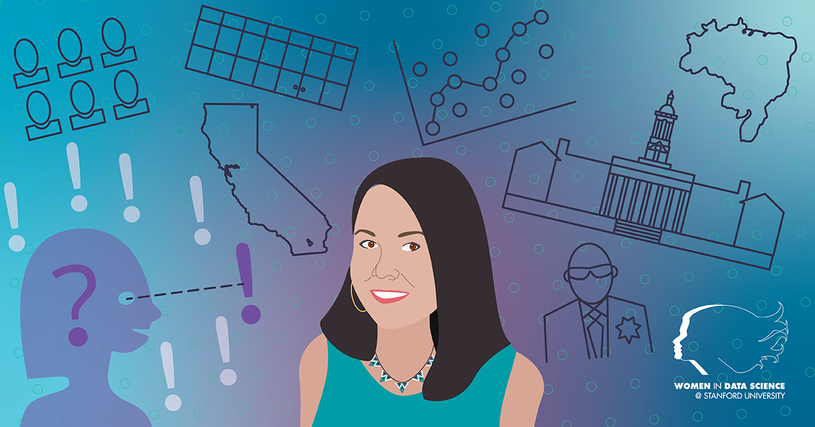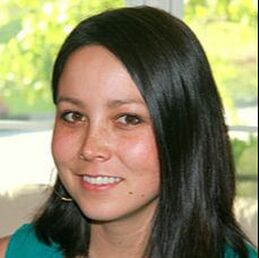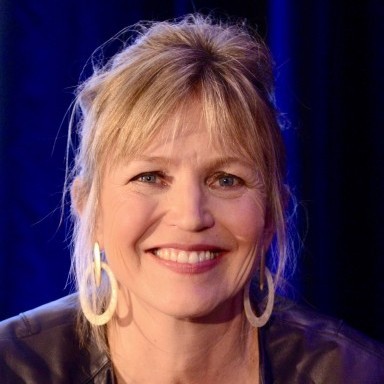Applying Statistics to Promote Fairness and Transparency


Statistician and Former Research Assistant Professor at the University of Pennsylvania
About this episode
Kristian Lum, a statistician and former research assistant professor at the University of Pennsylvania, describes how following her interests has led her on an ever-changing career path across business, public service, and academia.
Highlights
Kristian’s interest in statistics and algorithmic fairness has taken her on a winding career path from academia to business, to public service, and back. As she has made different career changes, she didn’t decide between academia vs. industry vs. non-profit, it was more about the problem she was interested in working on at the moment, and what else is happening in her life.
After she earned her PhD in Statistical Science from Duke University, she worked as a research professor at Virginia Tech where she did microsimulation and agent-based modeling in a simulation lab. After that, she tried a data visualization and analytics startup called DataPad that was quickly acquired. When she was thinking about her next step in her career, she wanted to do something with social impact.
She was fascinated by the work of the Human Rights Data Analysis Group (HRDAG) that was applying statistical models to casualty data to estimate the number of undocumented conflict casualties. She spent a summer working for HRDAG in Colombia and then decided to join the organization full time. She spent five years as HRDAG’s lead statistician leading the group’s project on criminal justice in the United States focused on algorithmic fairness and predictive policing. Predictive policing uses algorithms to help the police decide where to deploy their resources based on crime statistics, so if you look at where crimes are most likely to occur, this is where you police more often. Kristian’s work showed that these algorithms could actually perpetuate historical over-policing and racial bias in minority communities.
Kristian then moved from HRDAG back to academia at the University of Pennsylvania in the Computer and Information Science Department on March 2 and a week later Penn closed down for COVID. Over that year, she learned that she needs to adjust her expectations for herself, and not be so frustrated when she can’t get things done that maybe under normal circumstances she could. It’s not just working from home with her daughter nearby, it’s the stress of everything that’s going on, the additional mental fatigue of having to do all these risks calculations. This year has also made her appreciate the increasingly critical role of data science in driving data-driven decision making.

About the Host
Margot Gerritsen
Stanford Professor [Emerita] Margot Gerritsen is the Executive Director and co-founder of Women in Data Science Worldwide (WiDS) and born and raised in the Netherlands. Margot received her MSc in Applied Mathematics from Delft University of Technology before moving to the US in search of sunnier and hillier places. In. 1996 she completed her PhD in Scientific Computing & Computational Mathematics at Stanford University and moved further West to New Zealand where she spent 5 years at the University of Auckland as a lecturer in Engineering Science. In 2001, she returned to Stanford as faculty member in Energy Resources Engineering. Margot was the Director of the Institute for Computational & Mathematical Engineering (ICME) at Stanford from 2010-2018 and the Senior Associate Dean for Educational Affairs in Stanford’s School of Earth Sciences from 2015-2020. In 2022, Margot took Emerita status to devote herself to WiDS full time. Margot is a Fellow of the Society of Industrial & Applied Mathematics, and received honorary doctorates from Uppsala University, Sweden, and the Eindhoven University of Technology in the Netherlands. She now lives in Oregon with her husband Paul.
Connect with Margot Gerritsen on Twitter (@margootjeg) and LinkedIn.
Find out more about Margot on her Stanford Profile.

